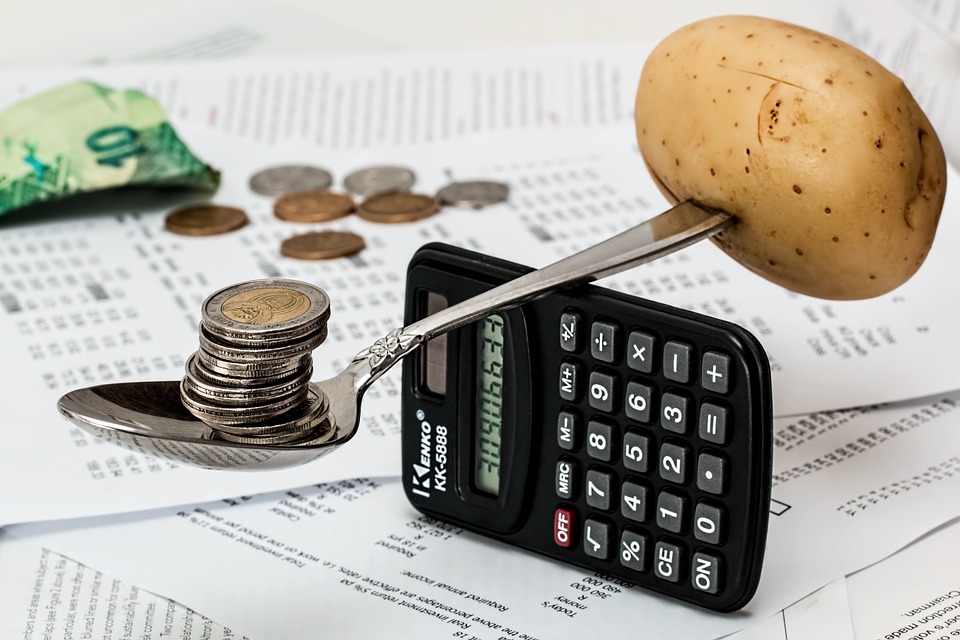
When it comes to debt, there’s a lot of advice out there. Some of it is good and some of it is rather questionable. However, few people are in a better position to know what’s smart than someone who successfully helps people deal with debt every day. Andrew Housser is one of the co-founders and the CEO of Freedom Financial Network. This family of companies includes Freedom Debt Relief, which helps people live healthier financial lives.
What follows is personal financial advice that actually works—from Housser himself.
- Always Exceed Minimum Credit Card Payments
Let’s say you owe $1,000 on a credit card and you’re paying a 17 percent annual interest rate. Your minimum payment is likely to be around $25 monthly and it will take 57 months–almost five years–to pay it off making minimum payments. You would also pay $452 in interest on that $1000 loan—nearly 50 percent. If you paid $108 a month, you’d repay the debt in just 10 months and save $372 in interest charges.
- If Debt is Becoming an Issue Try to Make Extra Money
Take on whatever part-time work you can get. Pet sitting, babysitting, snow shoveling, delivering newspapers, transporting pizzas, working retail, or driving for Uber will help.
Go through your home with a fine-tooth comb and sell off things you do not need. How do you decide what falls into that category? If you haven’t used it within the past year, you probably won’t ever use it again. Convert it into cash. Use the proceeds from these efforts to pay down your credit cards.
- Tax Refunds and Windfalls Help—a Lot
Are you expecting an income tax refund? File your taxes the day you get your W2 from your employer. If you do this at the end of December or in early January and have your refund direct-deposited into your bank account, you could have the cash by early February. Rather than going out and shopping, use the money to reduce your debt. Do the same with any “windfall” money, such as money from a bonus, a raise or a gift.
- Enact a Long-Term Payoff Strategy
Debt snowball and avalanche approaches work well. To snowball your debt, make a list of your obligations in descending order from highest outstanding balance to lowest. List the total amount owed, the minimum payment and the interest rate Then, rather than paying as much as you can on each one, make minimum payments on all of them except the one with the lowest balance.
Combine whatever additional monies you would have applied to the others to the total payment you were making against the lowest balance. Continue doing so each month until it is paid off. Next, take the total you were paying and add it to the minimum payment for the next one up to pay it off. Continue ascending in this fashion until they’re all reduced to zero balances.
You’ll do the same with the avalanche strategy, except you’ll pay the accounts with the highest interest rates first. This can result in more significant savings. However, the snowball method provides earlier gratification because you’ll see the individual accounts being settled more quickly—albeit at a higher cost.
KEY POINT: Do not begin charging again as you get the accounts cleared.
Personal financial advice that actually works, these tips from Andrew Housser will help you avoid accruing an unmanageable debt load.
